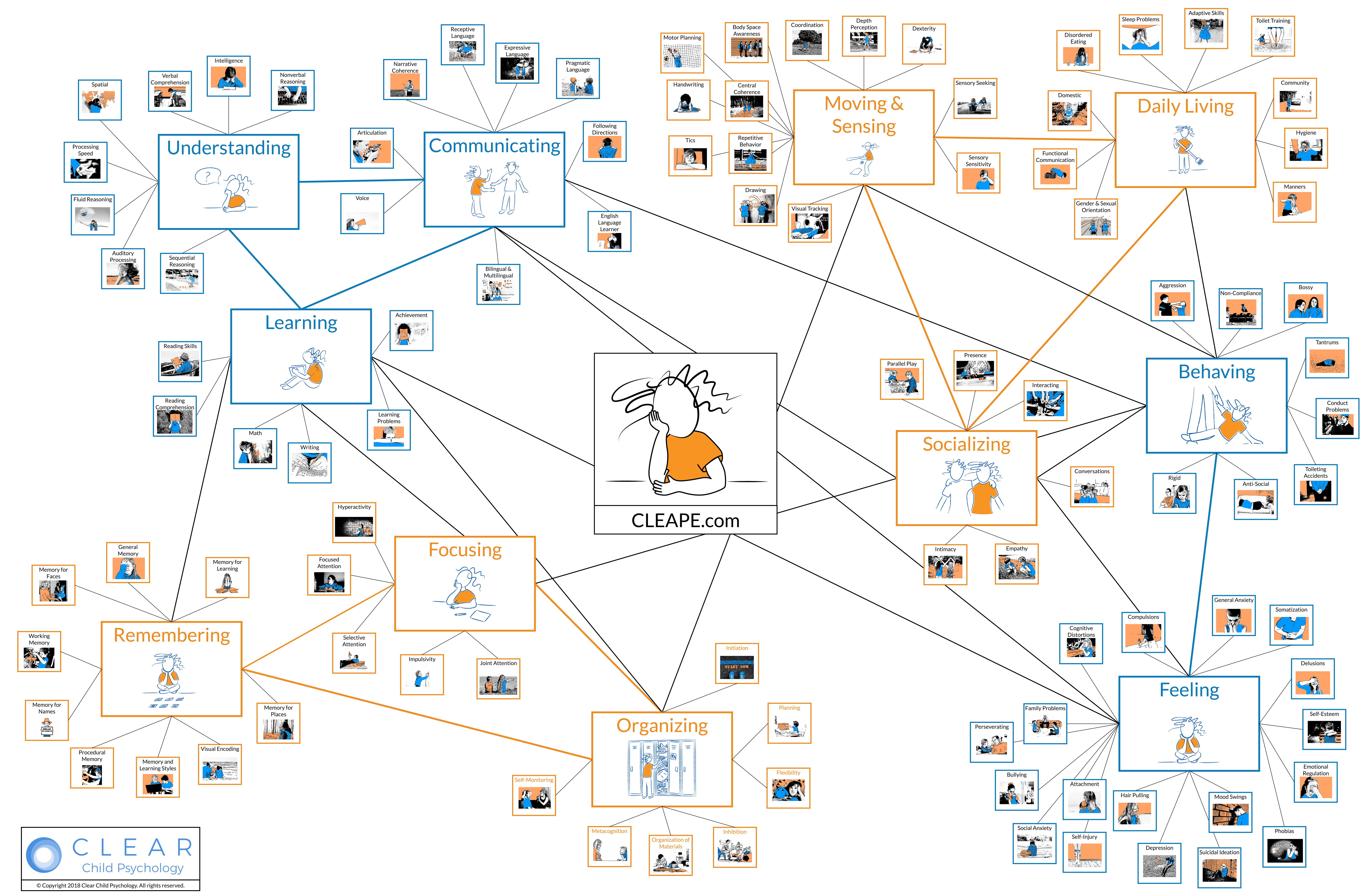Executive Functioning is a fancy term to refer to challenges with planning, initiating, executing and organizing tasks and information.
When students move into high school, they are expected to independently navigate a schedule of 5-8 classes, all with different timelines, expectations and assignments. Students must keep up with materials, deadlines and schedules to be sure work is submitted on time to the right teacher in the right format.
Even with the websites and emails and ways to track and schedule using technology, these skills are not easy for any of us (adults included).
Teens Get Overwhelmed
For some teenagers, these tasks feel daunting and overwhelming.
Many teenagers just give up.
Others try their best but fail to execute a complete plan. They may do the work but never turn it in at school.
Parents are scratching their heads or yelling in frustration. “Why are you failing math?” “Where is your missing geography homework?”
How to Help Your Teen
It is most helpful when a student can have just enough support to learn these skills.
A teenager needs to experience success to have the motivation to keep trying. For some teens, this support means having a teacher or mentor who helps them make a schedule and checks in weekly on the assignments and progress.
Taking big projects and breaking them into manageable chunks with due dates for each part can help a teen maintain organization.
Teens, Teachers, and Parents Working Together
A teacher or mentor also needs to have some email communication with both the teenager and a parent so that a teen can have support at home in meeting deadlines. This small team can really help scaffold executive functioning skills for a teenager.
Students with learning disabilities, ADHD or Autism tend to have impaired executive functioning skills already, making this process more difficult than it is for teenagers who have fully functioning prefrontal cortexes. Often, schools are willing to be more accommodating and provide more scaffolding and support for those students who have a disability.
Connect with CLEAR
If you think your child might be struggling more than other students with executive functioning skills, CLEAR Child Psychology can help. We can assess skills to see if a disability is present and/or consult with families to work out a plan to tackle these issues.
Also, on our companion website CLEAPE, we offer free articles on “organizing” that provide more information and strategies to parents and teens. www.cleape.com
Don’t let your teenager put his or her head in the sand. Executive functioning is an important life skill. Get help before challenges escalate and grades start to fall.
Help your student achieve success, build skills and maintain high motivation.
Contact CLEAR today at 303-222-7923 or visit our website at www.clearchildpsychology.com.




